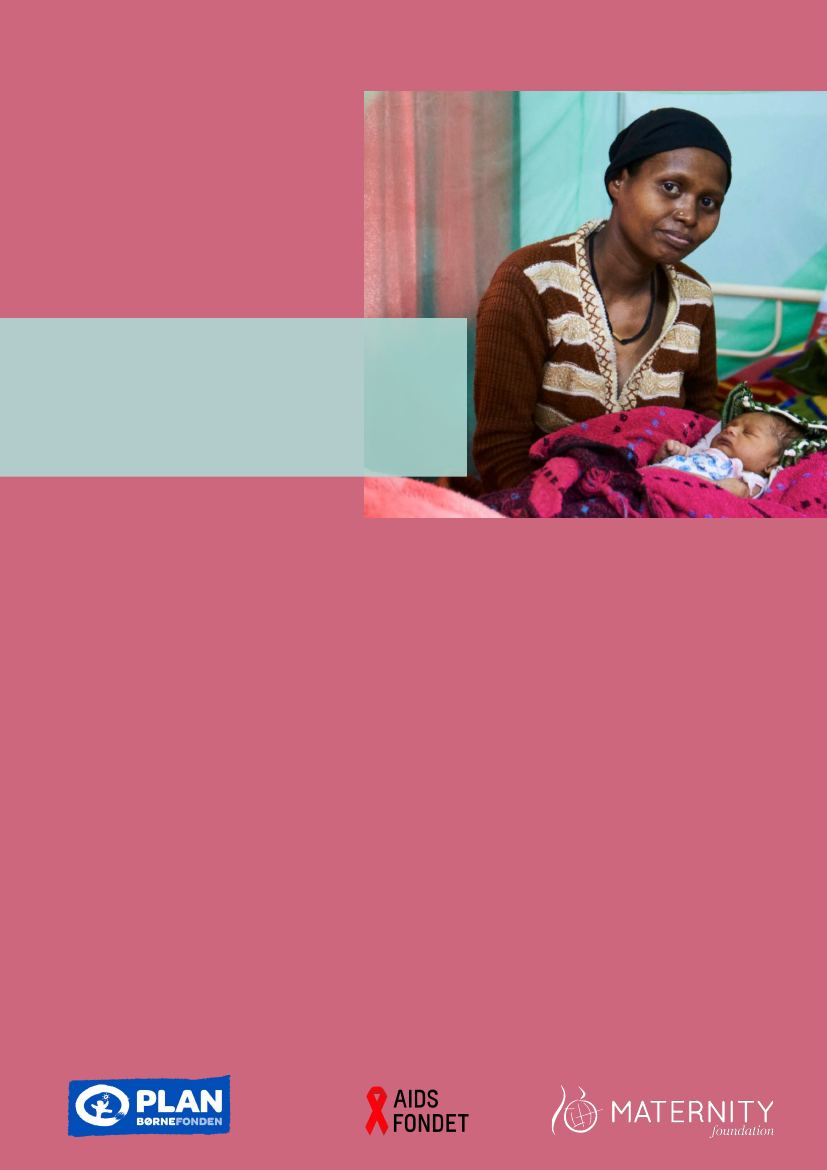
HEALTH
TECH &
INNOVATION
THE FUTURE OF EQUAL AND
EQUITABLE SEXUAL AND
REPRODUCTIVE HEALTH AND
RIGHTS FOR YOUNG GIRLS AND
WOMEN?
PlanBørnefonden, Maternity Foundation and AIDS-Fondet invite you to join a
cross-sectoral discussion on opportunities, pitfalls, and potential partnerships
for advancing sexual and reproductive health and rights for women and girls in
the global South through science, technology, and innovation.
Speakers and panelists include the Minister of Development Cooperation,
Flemming Møller Mortensen, impact startups, funders, academia, and NGOs.
Political commentator and journalist Søs Marie Serup will moderate the event,
which will be held in English.
12 OCTOBER 2021
08:30 - 13:00
Maternity Foundation's office
Forbindelsesvej 3, 2nd Floor
RSVP to [email protected]